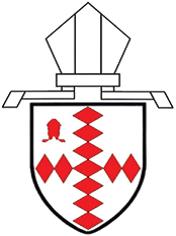Homework
In order to further learning, each subject sets work for students to complete at home. Homework is set using Google Classroom. Google Classroom is available to students and tutors while parents have the opportunity to receive scheduled updates on homework set.
The following documents provide a guide to the amount of homework students should expect to receive each year during their time at Christ's.


